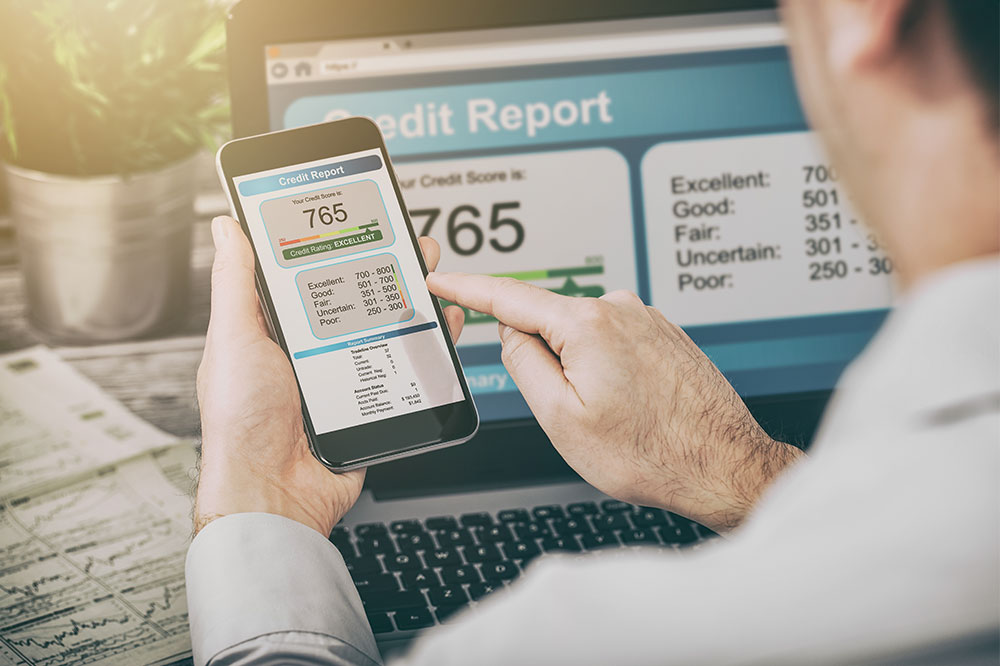
Tips to improve your credit score
A credit score is the most vital factor in assessing your financial health. By gauging this score, lenders can determine how responsibly you utilize the credit. So, the higher your credit score, the easier it is to get approval for new lines of credit and loans. More so, when your credit report shows a higher score, your probability of getting financial assistance at lower interest rates is high. Want to better the scores appearing on your credit reports? Well, let us tell you two definite things; it can happen, but it will take time.
Tips to increase your credit score
Here a few ways that will help improve your credit score:
Study your credit report and look for possible errors
Firstly, you may think you have maintained a decent credit history in your mind, but your scores tell a different story when you look at the credit report. If you are confident about your standing, it does not hurt to analyze the report thoroughly and look for errors, which might be dragging your score down.
For instance, there may be a loan that you may have paid entirely, but it may still show as overdue. This is an administrative error and should be resolved. At the same time, check for other suspicious activities or mistakes in your credit report. Resolve these errors, and you will see a rise in your credit score.
Do not miss your payments
This cannot be stressed enough. One of the most vital factors that influence your credit score is your payment history. If you have a long history, your credit score will be good. To ensure this, it is advisable to not miss your credit card or any loan payment by over 29 days. If your payment is made after 30 days, it may be reported to a credit bureau, which in turn, can hamper your credit score. To avoid missing any payments, you can set the automatic payment feature for your minimum due amount. If it is getting difficult to afford a bill, instantly reach out to your credit card company and discuss your options.
Also, monitor the payments for the accounts, which do not necessarily appear on your credit reports, such as the subscription services or the gym membership. Though these may not surge your score, they may hamper it if these accounts are sent for collection.
Try to have a 30 percent credit utilization ratio
Credit utilization implies the chunk out of your credit limit that may be utilized at any point in time. In FICO credit score calculations, this is the second most crucial aspect, only after payment history. One of the best ways to keep your credit utilization ratio high is to ensure that you pay your balances in full every month. If that is not possible, still try that your maximum outstanding is 30 percent or less than that. After that, you can gradually try to reduce this number to 10 percent.
Alternatively, you can increase your credit utilization ratio by requesting a greater credit limit. This can improve your credit utilization and credit score if your balances do not rise in tandem.
Build credit
At times, your credit score may be low because you have zero borrowing history. So, wisely start building a borrowing history. You can try out some credit builder loans for the same. If you deposit cash with the lender, it is easier to qualify for such loans. Alternatively, you can opt for secured credit cards.
Do not make new inquiries
If you have applied for more than two credit cards in a short time, it gives lenders the impression that you are in desperate need of a loan. A hard inquiry is mentioned on the credit report for about two years, and when it is removed (after two years), your score increases by 5 points.



